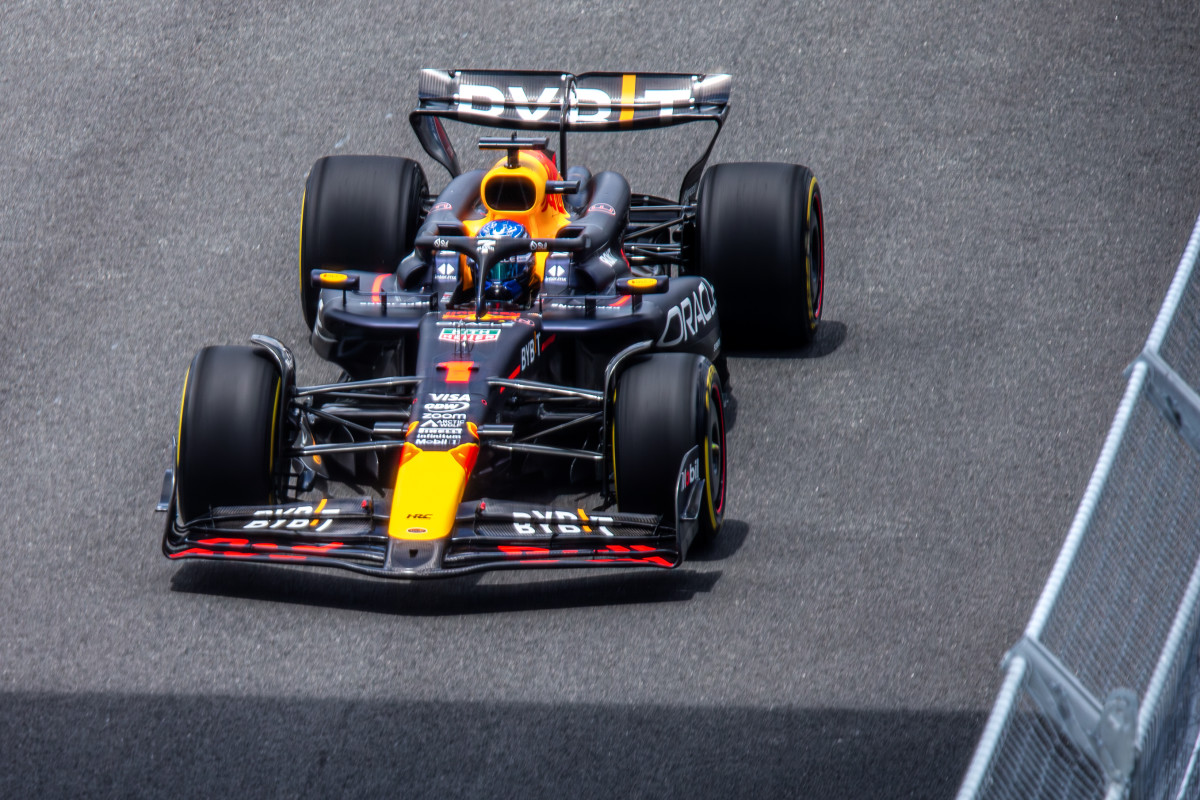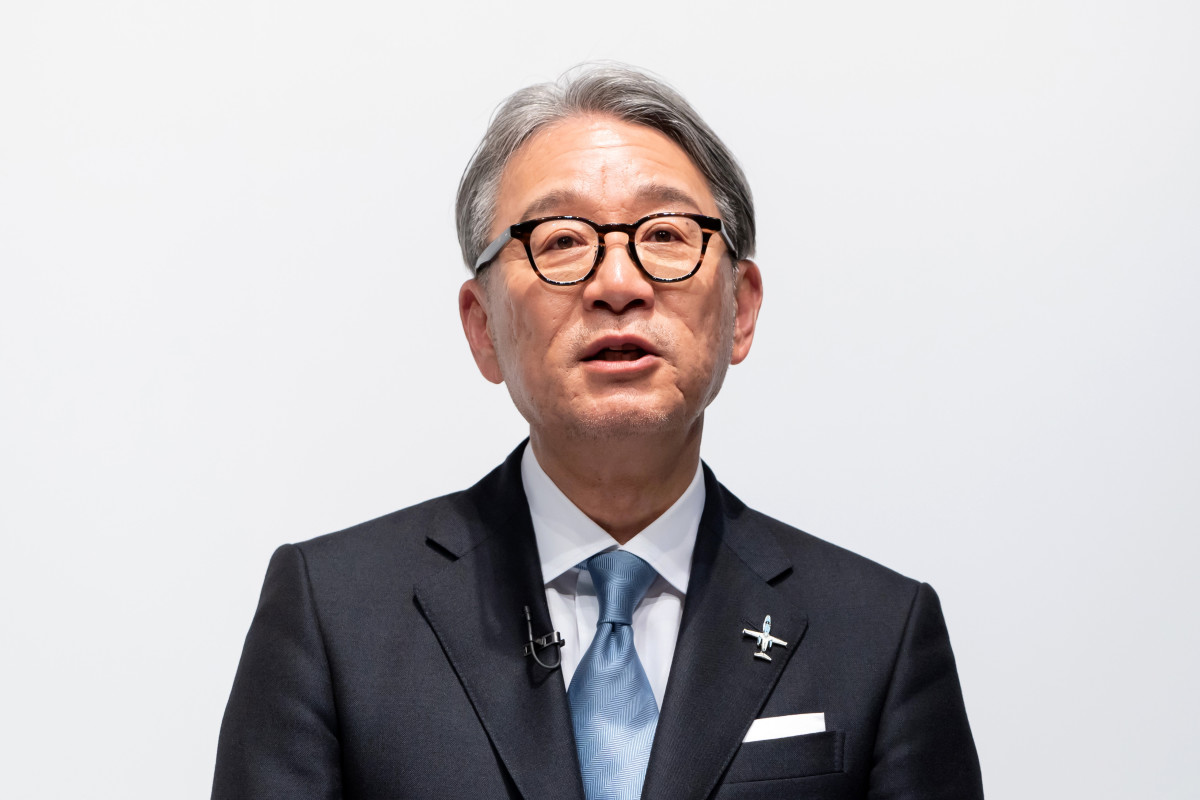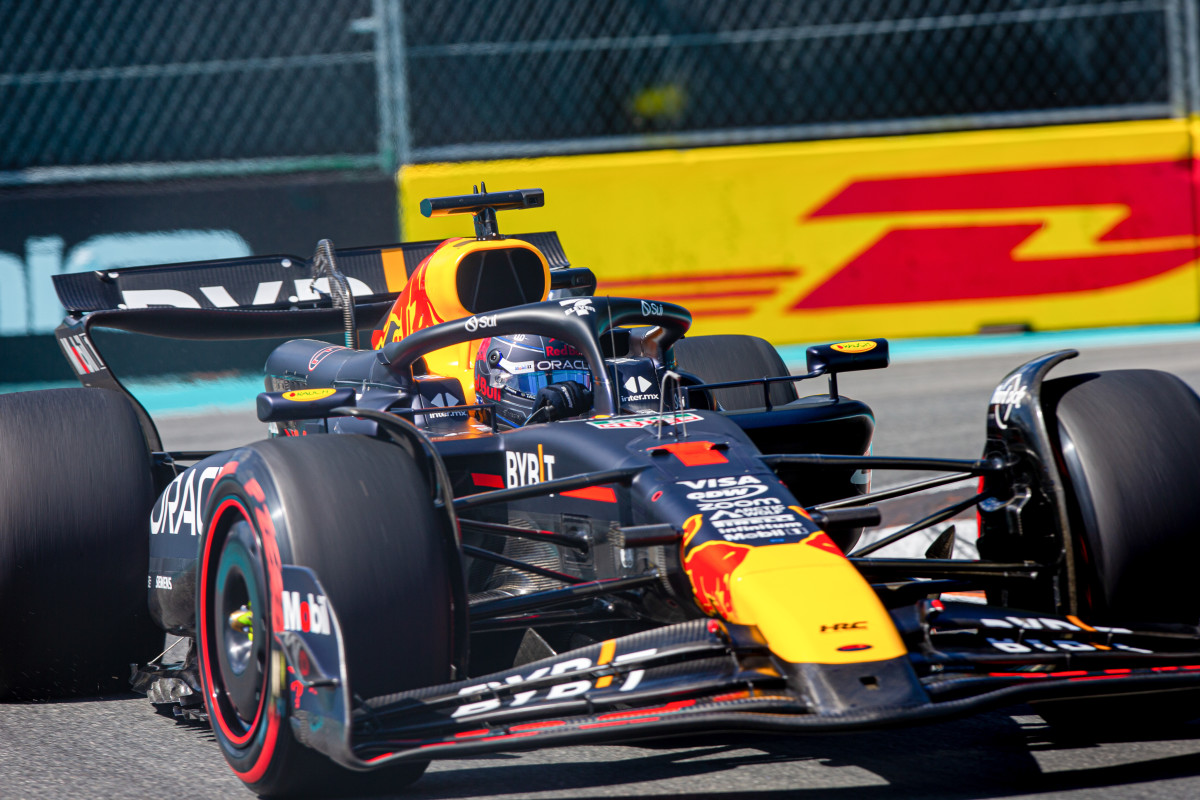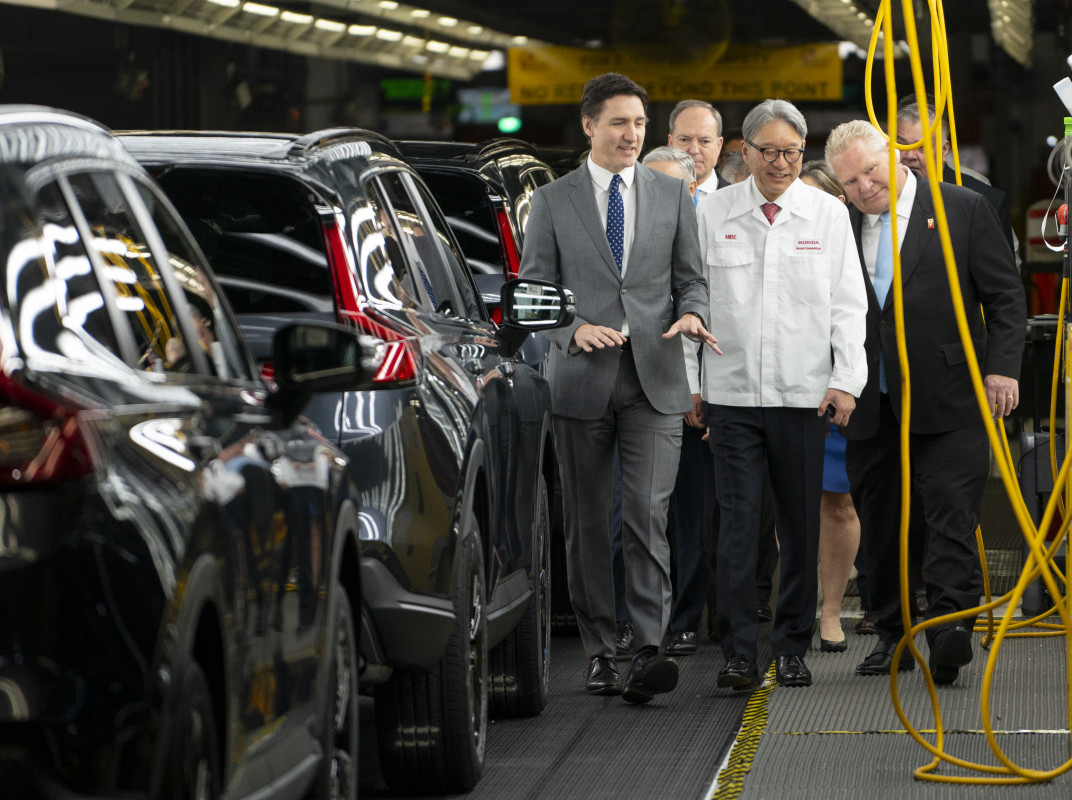
Japanese automaker Honda (HMC) may be late to the EV game, but the Tokyo-based brand has further laid out its game plan for its future electric models, which includes tens of billions in further investment in the development of future models.
Related: Amid new Biden rules, BYD launched a cool plug-in hybrid pickup in Mexico

During a press briefing on May 16 in Tokyo, Honda Global CEO Toshihiro Mibe outlined a series of seven upcoming EV models called the 0 series, which will be introduced first in North America in 2026 and lean heavily on a series of crossovers and SUVs that will be introduced every year until 2030.
While the lineup of upcoming vehicles seems like a solid blueprint to tackle EV rivals like Tesla (TSLA) , Rivian (RIVN) and Lucid (LCID) , Honda has one advantage that its EV contemporaries don't have: racing experience, technology and know-how.
In its presentation about the 0 series cars, CEO Mibe noted that Honda will be using cutting-edge technology it learned from the world of Formula 1 in order to enhance its next generation of EVs. As per Honda, its new EV models will use lighter body frames, as well as an "all-new power unit, which was made lighter and thinner by applying Honda's original technologies amassed through the development of F1 machines."
The automaker says it will be able to make the new cars around 220 pounds lighter than its initial electric cars. Additionally, engineers will seek to enhance the ride and handling of the new EVs by mounting its motors and batteries low within the center of the vehicles — which in turn would lower its center of gravity and feel more nimble.
With these adjustments, Honda says that the new EVs will have both a "sporty driving experience," as well as "the world's top class electricity efficiency performance," with at least 300 miles of EPA estimated range.
The Red Bull Connection:

The touted technologies Honda can apply in its future EVs can credited to its outsized presence in Formula 1. Throughout its history, the Japanese automaker has participated in the premier motorsport as both a team and engine supplier powering championship-winning teams.
Currently, it powers the current constructor's world champion; Oracle Red Bull Racing (known colloquially as Red Bull), and the car driven by the reigning driver's world champion; Max Verstappen. Since its introduction in 2019, Red Bull and Honda have won two constructor's titles, and have powered Verstappen to three consecutive driver's titles.
Though Honda will be leaving Red Bull for Aston Martin in 2026, the legacy it has left with the team fueled by energy drinks is one of dominance that some critics say is "ruining the sport."
In the March 14 edition of the show bearing his name, sports analyst Pat McAfee derided Red Bull and Max Verstappen's dominance, which he attributes to Formula 1 being "boring to watch."
“19 of the last 20 races is [Verstappen],” McAfee said. "The [Verstappen] dominance has just become so boring to watch. He’ll win the pole and then the races are like time trials.”
More Business of EVs:
- Tesla makes another harsh last-minute decision, frustrating students
- Forget Tesla's Supercharging, Polestar's new charging tech can charge even faster
- EVs have a problem Ford's partner aims to fix
Related: Honda is betting big on North American EV manufacturing
Beyond Formula 1:

Much of the $65 billion that Honda is investing is set to go into the thick of EV development and production, including new assembly plants, battery factories, machinery, and software. Mibe pointed out that vertical integration within Honda is very important, especially with the production of batteries, as they can account for up to 40% of the cost of an electric vehicle.
"We have to have this in-house, not only to ensure stable supply, but to reduce cost and to evolve the battery performance," Mibe said. "We need money to do this. We have the capability to secure enough cash, and that is why we announced this 10-trillion yen [~$65 billion] number today."
On April 25, Honda announced a $11 billion investment in battery and EV production in Ontario, Canada, where it seeks to build what Premier Doug Ford calls the first "comprehensive electric vehicle supply chain" in Canada.
Within the plan is an "innovative and environmentally responsible Honda EV plant", an EV battery plant within its current presence in Alliston, Ontario, and battery component facilities with joint venture partners POSCO Future M Co., Ltd and Asahi Kasei.
At the time of this writing, Honda traded at $32.92, down 2.7% under HMC on the New York Stock Exchange.
Related: Veteran fund manager picks favorite stocks for 2024







